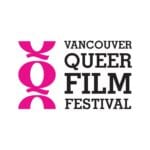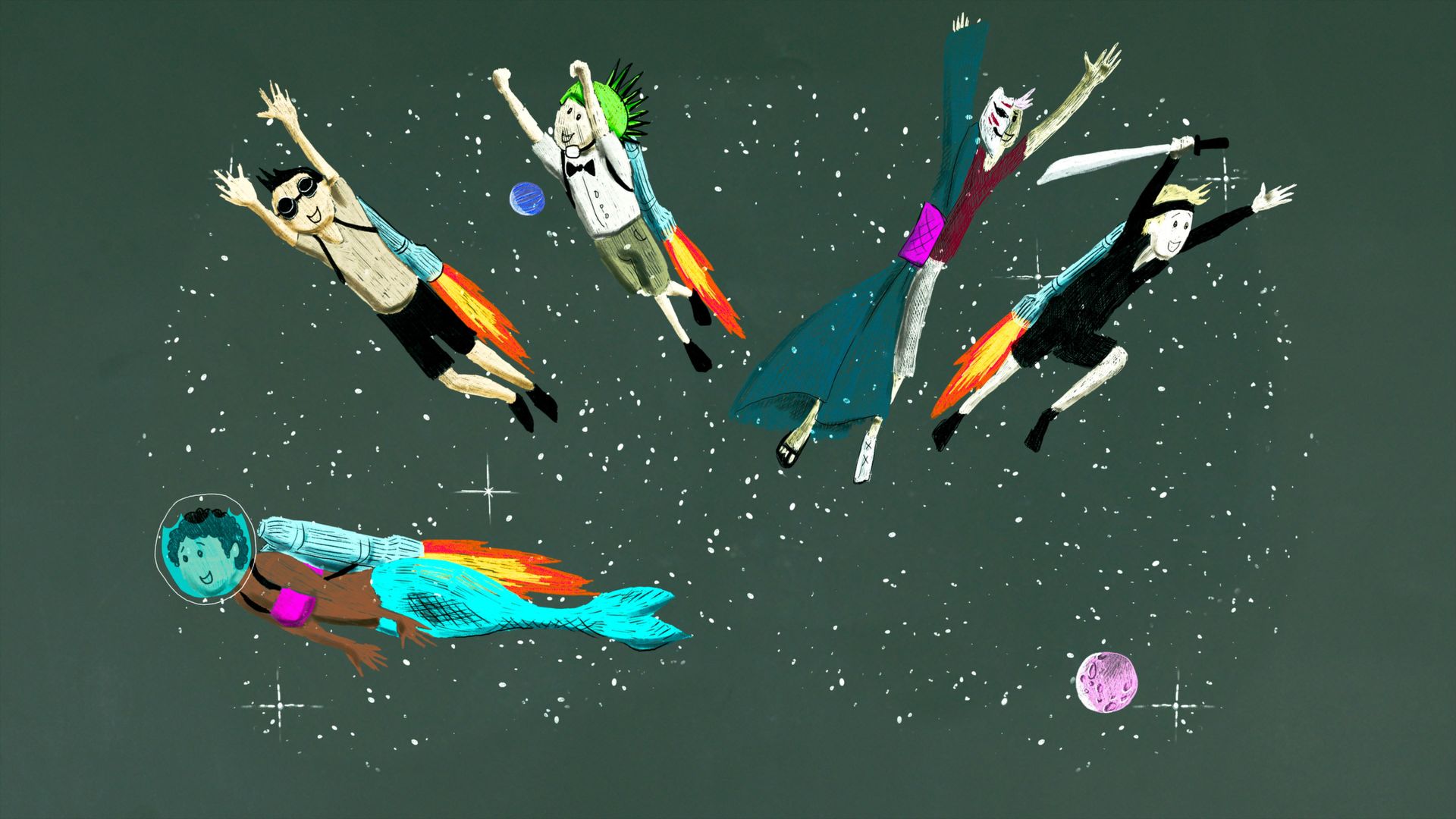This content was created by Xtra’s branded content team alongside the Vancouver Queer Film Festival, separate from Xtra’s editorial staff.
“I have to go back up and come down in a different body.”
These words from children as young as two set the stage for director Christina Willings’ short documentary Beauty.
This documentary is part of a new program designed by the Vancouver Queer Film Festival (VQFF). The Coast is Genderqueer is an offshoot of their current The Coast is Queer Program, prompted by the necessity of representation and the growing creative arts scene in British Columbia.
The Coast is Genderqueer will showcase local transgender, genderfluid and non-binary stories that put youth on screen. These stories can inspire the courage needed for self-expression, especially for youth.
“I think it is important for youth to see youth engaging with work about their identity and identity expression,” says Justin Ducharme, festival programmer for the VQFF.
“[Gender] is a hard subject to approach because it’s so fraught within and outside the community,” Willings says.
Having been a queer filmmaker since the late ’90s, Willings has never been interested in how discussions of gender can turn into hair-splitting and combative discourses. Willings sought out a psychologist in Vancouver who works with trans children and began listening to them for a fresh perspective.
In the documentary, Willings introduces audiences to five gender non-conforming children: Tru Wilson, 13-year-old advocate for trans and LGBT communities; Bex, the youngest trans child in his school district running track and field; Fox, who has a wonderful relationship with their mother; Lili, a provincial athlete; and Milo, who recently changed his passport and birth certificate to reflect his gender.
“I want audiences to be inspired by the kids’ authenticity and I want them to feel inspired to allow themselves more space to move and to know that we have access to the full palette of colours and to play with it.”
A purity of expression was what Willings wanted to showcase, and this shines through brilliantly in Beauty. “I’ve always felt as a queer person that I don’t want to be miserable to be queer or interesting. I think that’s why Beauty was so important . . . I didn’t want to focus on these kids where they feel wounded our oppressed. I’m interested in their strength and resilience and how kids are flourished when we’re loved for being 100 percent who we are.” Moving forward, Willings hopes to continue showing purer experiences of genderqueer identities.
The Coast is Genderqueer also showcases Alli MacKay’s short animation Flash Flood, “an attempt to explain an experience I have a difficult time putting into words: what it’s like growing up trans in a small farming town. I wanted the important role that a community could play in figuring out my non-binary identity.”
But Flash Flood isn’t just Mackay’s story: it’s also the story about MacKay’s two friends and their experiences. “I think Flash Flood is a good step in the direction of stories about trans people by trans people. It’s important that individual stories are told rather than in broad strokes.”
At 10, MacKay self-taught themselves traditional animation, a precursor to the creation of their short films. They made shorts for their YouTube channel that went on to garner a sizeable viewership, reaching 40,000 subscribers in 2007.
MacKay ultimately hopes that audiences “who might not otherwise gone to a film about trans identity might come away with a more sympathetic view of what it is like as a young trans kid just through imagery that they might not otherwise associate [with].”
What’s next for MacKay? They’re currently working on developing a film based on experiences as a minor YouTube celebrity and how that impacted their psyche as a child growing up in a town of roughly 300 people.
“It is important for these types of stories to be told, and I have the ability to step up and tell these stories,”MacKay says.
Ducharme agrees. “I think when you see a story that is even a little bit relatable when you’re young, it really sticks and even as a young person seeing other young people make stuff, it’s quite inspiring.”
Ducharme adds that programs like The Coast is Genderqueer are vital in showcasing the multi-faceted queer arts scene of Vancouver, and the rest of the BC region. “We’re really just pumped that our local filmmaking and programming continues to grow year to year because of these specific programs that are staple to VQFF.”
Vancouver Queer Film Festival
Aug 9–19, 2018
queerfilmfestival.ca


 Why you can trust Xtra
Why you can trust Xtra